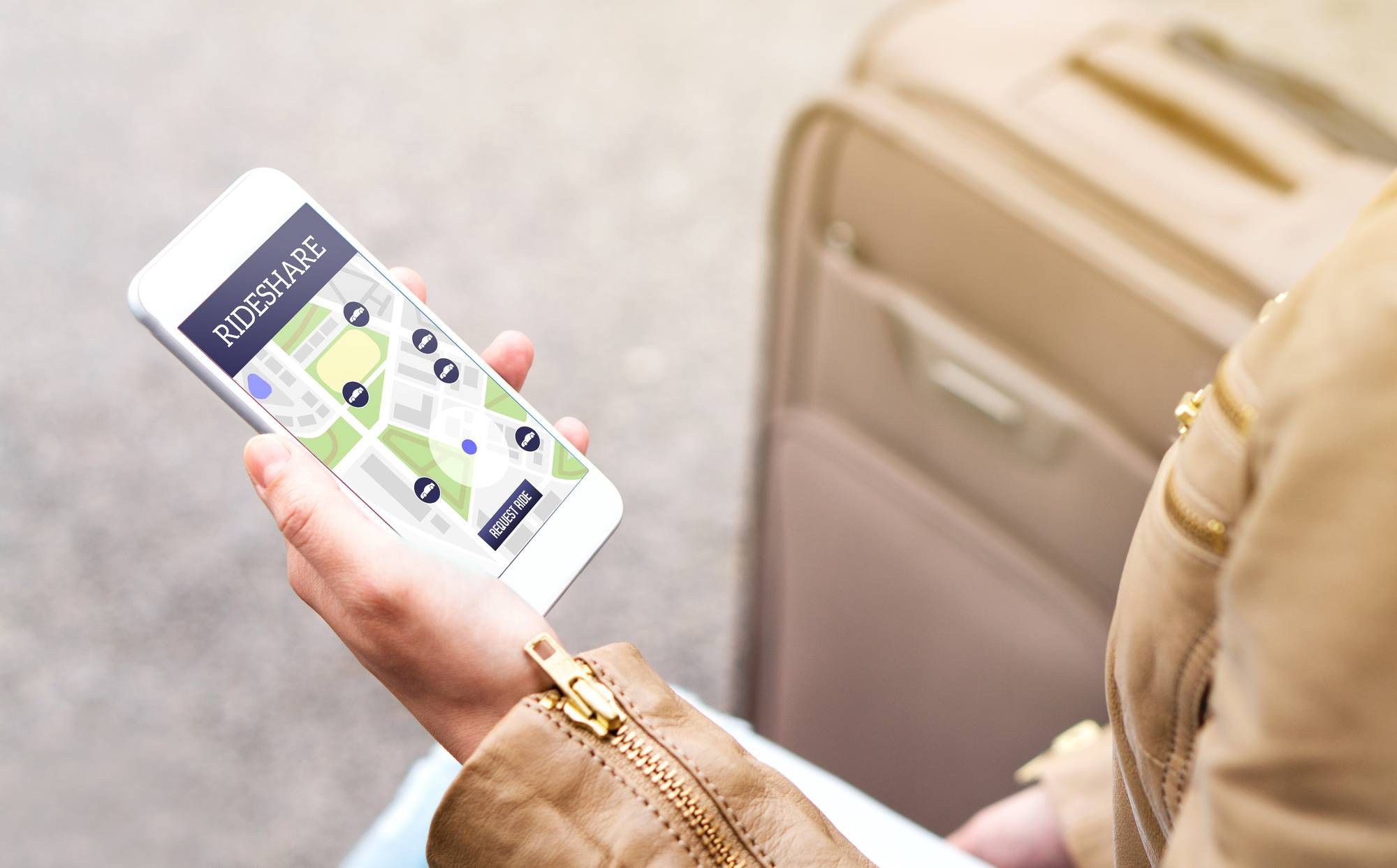 In California and 11 other states, it is illegal to record a telephone call without getting the consent of all participants to the conversation. Because all parties to the call in question are required to give permission, these states are referred to as two-party law states.
In California and 11 other states, it is illegal to record a telephone call without getting the consent of all participants to the conversation. Because all parties to the call in question are required to give permission, these states are referred to as two-party law states.
Two-party laws apply to both inbound and outbound telephone calls and, unfortunately are often violated by businesses in the management of their customer service lines.
Some customers who’ve placed customer service calls to Tupperware suspect the Tupperware contact number may be recording inbound calls without first getting their consent to record.
It’s not difficult for companies to comply with California privacy law. As many businesses do today, a pre-recorded notice can be played letting the customer know that their phone call may be recorded for quality-control or training purposes.
Whether or not you live in California or any of the other 11 two-party consent states, you have more than likely heard this pre-recorded warning. Often, businesses go the extra mile to protect themselves from violations of privacy laws by having the live customer service staff member ask if recording the call is okay upon picking up the line and starting the interaction.
The pre-recorded notice would allow calls to the Tupperware contact number to be recorded, as the customer’s consent to the recording would then be deemed implied. Implied consent means that, if a consumer hears this message and still chooses to remain on hold for an associate, they are giving their permission to be recorded inadvertently. If they were not okay with being recorded, they could terminate the call while still on hold.
In addition to the Tupperware contact number, several other businesses are suspected of violating the California Invasion of Privacy Law (CIPA) by failing to get appropriate consent before recording calls:
- American Airlines: Lost Baggage, Cancelled Flight, Emergency Information Numbers
- British Airways
- Czech Airlines
- Dermalogica
- Fisher & Paykel
- Harman Audio
- Hunter Boots
- JBL Audio
- Malaysia Airlines
- Miele
- 99 Cents Only Stores
The state of California has been very aggressively protecting the privacy of its citizens since its inception and has made every effort to update its privacy laws to reflect changing technology through the years. Because of this lengthy history, its citizenry is overall more educated about its rights.
Penalties for violations of California call recording law can be economically steep for businesses. Each violation might trigger a statutory damage award of $5,000 or three times the amount of actual damages. While the cost per event is significant, class action lawsuits against violators where complainants are pooled together against a defendant can seriously impact a bottom line.
If you live in the state of California and believe you have been recorded in a customer service phone call without warning, you may have a legal claim.
Join a FREE California Call Recording Class Action Lawsuit Investigation
If you live in California and you did not receive a warning when calling a toll-free number, your call may have been recorded in violation of California law, and you may be entitled to compensation. See if you qualify to file a California call recording class action lawsuit.
ATTORNEY ADVERTISING
Top Class Actions is a Proud Member of the American Bar Association
LEGAL INFORMATION IS NOT LEGAL ADVICE
Top Class Actions Legal Statement
©2008 – 2026 Top Class Actions® LLC
Various Trademarks held by their respective owners
This website is not intended for viewing or usage by European Union citizens.














